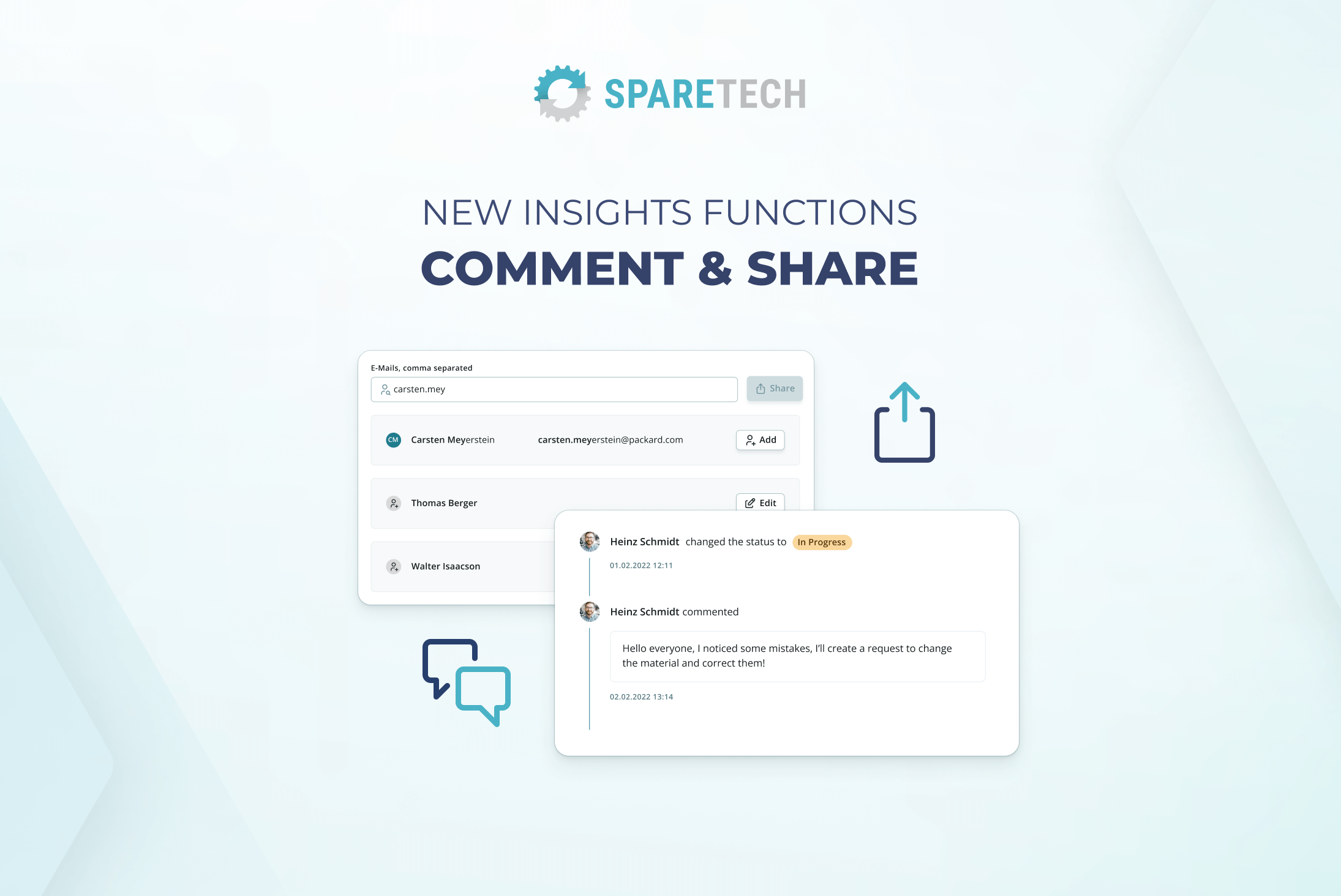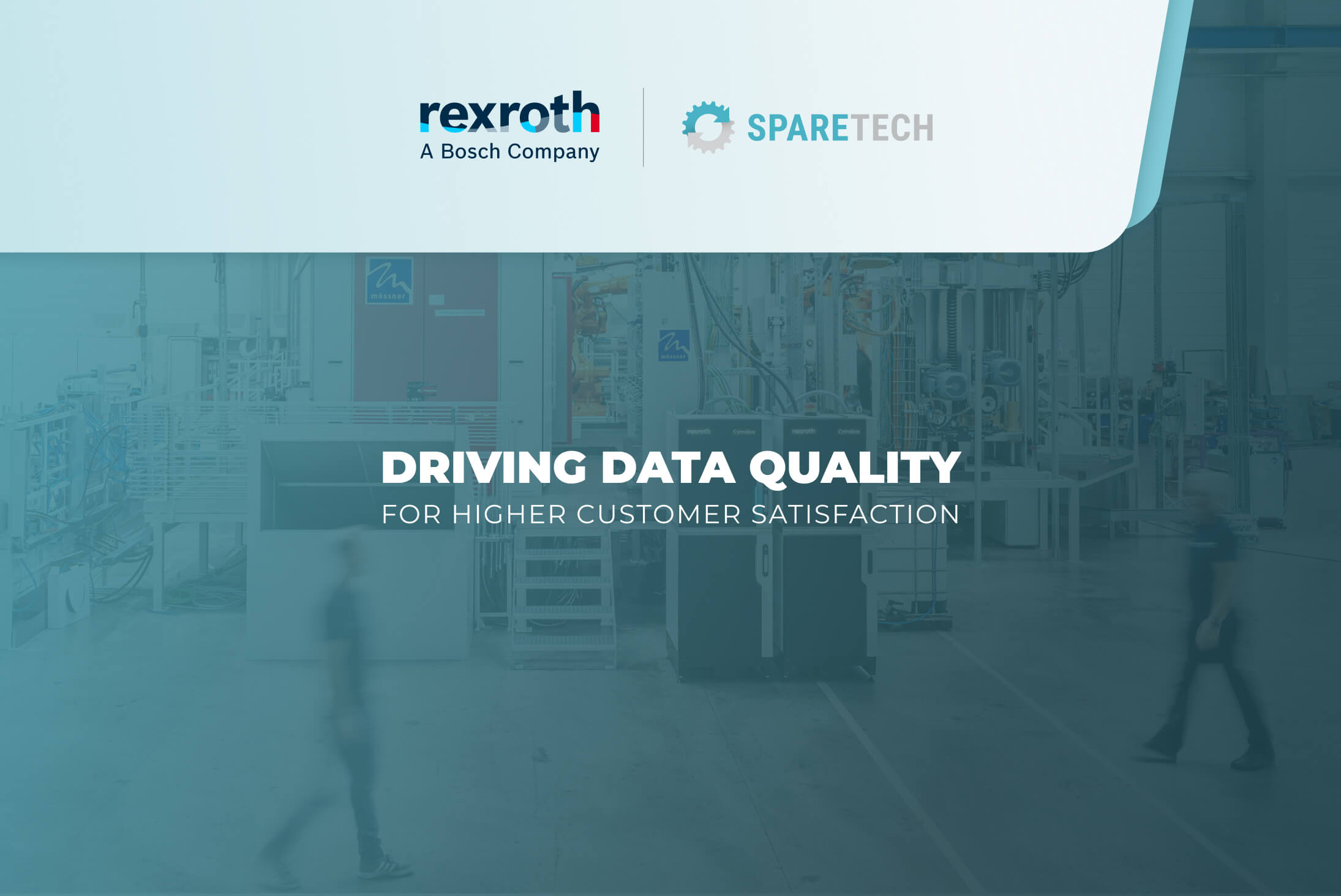Table of contents

Material Master creation in SAP ERP
There are 6 methods / transaction codes for material master creation in SAP ERP. These are listed and described in the following table.
| Method / Transaction code | Description | What | How | Ability to implement | Existing resource |
|---|---|---|---|---|---|
| MM01 | Material Master Transaction (MM01/MM02/MM03): This is the standard transaction in SAP to create, change, or display material master data. | Creation/Change/plant extension | Can be done by business users (end users) | ||
| MM17 (MASS identical with MM17, but also used for other master data objects) | Both MASS and MM17 are transactions used for mass changes to material master data in SAP.
Note that in both MASS and MM17 you can also use the "Import Data" option to upload data from an external file instead of entering each material manually. The data in the file must be in a specific format and follow the field structure of the material master. |
Mass maintenance | Go to transaction MM17.
1. Select the appropriate table that needs to be updated. 2. Specify the fields to be imported, their order and the values to be assigned to specific fields. 3. Upload the file via "Import data from file". 4. Review the data: Once the file has been uploaded, check the data to ensure that it has been imported correctly. 5. Activate the materials: if the data looks correct, you can activate the materials. |
Business users (not end users) need additional permissions to execute this transaction code. | https://www.guru99.com/mass-creation-of-material-master.html |
| LSMW | LSMW (Legacy System Migration Workbench): LSMW can be used to create, change or update material master data in SAP. Usually used for bulk data upload during data migration. | Creation/Change/plant extension | The specific details of the recording and mapping process may vary depending on your particular requirements and system configuration. | IT resource is required (developer / consultant) | https://blogs.sap.com/2012/12/27/lsmw-material-master-by-bapi-method-part-1/
https://blogs.sap.com/2012/12/27/lsmw-material-master-by-bapi-method-part-2/ |
| BAPI | BAPI (Business Application Programming Interface): BAPI is a programming interface that allows external applications to interact with SAP. Material master data can be created or updated via BAPIs. | Creation/Change/plant extension | Program development with UI | IT resources are required (developer + functional specialist) | |
| SPT API Interface | Creation of materials in SPARETECH and synchronization with SAP ERP via SPARETECH API | Creation/Change/plant extension | Integration with SPARETECH via SPARETECH API for material events | IT resources are required (developer + functional specialist) | |
| MDM Solutions | Use of various third-party solutions for master data management | Creation/Change/plant extension | The steps will vary based on the MDM solution. Note: SAP MDG provide the functionality of Product data upload. Use the templates provided by SAP to upload creations/changes to SAP through “Master data Governance Consolidation” app. (Fiori App ID F1047) | An implementation project is required |




